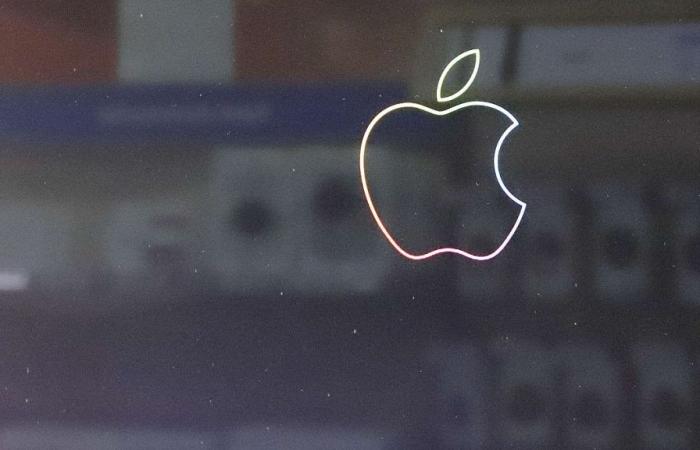The American giant is also the subject of a third non-compliance investigation concerning its App Store.
ADVERTISEMENT
Apple is violating the EU Digital Market Act (DMA) through its App Store. Those are the preliminary conclusions from the European Commission and sent to the company on Monday. According to the institution, the technology giant prevents application developers from freely directing consumers to other content access channels.
Under the DMAEU competition rules came into force in March this year, developers who distribute their applications via the Apple App Store should be able, free of charge, to inform their customers of alternative purchasing possibilities at lower cost and direct them to these offers and allow them to make purchases.
The Commission’s initial findings indicate that none of the company’s commercial conditions allow developers to freely direct their customers. Additionally, in most of the terms of business offered to app developers, Apple only allows guidance through links, meaning app developers can include a link in their app that redirects the customer to a web page where he can conclude a contract.
Under the DMA, Apple is permitted, through the App Store, to charge a fee to facilitate developers’ initial acquisition of a new customer. However, the Commission considers that the fees charged by Apple go beyond what is strictly necessary for such remuneration.
“Our preliminary position is that Apple does not fully allow steering. Steering is essential for app developers to be less dependent on app stores and for consumers to be informed of the best offers“, specifies Margrethe Vestager, Vice-President of the Commission responsible for competition policy, in a press release.
Apple now has the opportunity to review the Commission’s findings and respond in writing.
If the Commission’s view is confirmed, it can adopt a decision of non-compliance within 12 months from the opening of the procedure on March 25.
Third non-compliance investigation
In addition, the Commission also opened a third non-compliance investigation against the American company. She is concerned that the company’s new contractual requirements for third-party app developers and app stores – including Apple’s new “core technology royalty” – are not consistent with its obligations.
It will, among other things, check whether Apple’s core technology fees, under which third-party app developers must pay a fee of 0.50 euros per installed app, comply with the DMA.
In a statement to Euronews, an Apple spokesperson indicates that the company had already “made a number of changes to comply with the DMA“.
“We are confident that our plan complies with the law, and we estimate that more than 99% of developers would pay the same or lower fees to Apple under the new business terms we created. All developers doing business in the EU on the App Store have the ability to use the capabilities we’ve introduced, including the ability to direct app users to the web to make purchases at a very competitive price. As we have always done, we will continue to listen to and engage with the European Commission“, replies the spokesperson.
In addition to Apple, the Commission designated five other technology giants under the DMA: Alphabet, Amazon, ByteDance, Meta and Microsoft.
In March, the executive opened non-compliance investigations into Alphabet’s rules on orientation in Google Play and self-referencing in Google Search, Apple’s rules on orientation in the App Store and choice screen for Safari, and Meta’s payment or consent model.
In the event of a violation, a company faces fines of up to 10% of the gatekeeper’s total global turnover.






